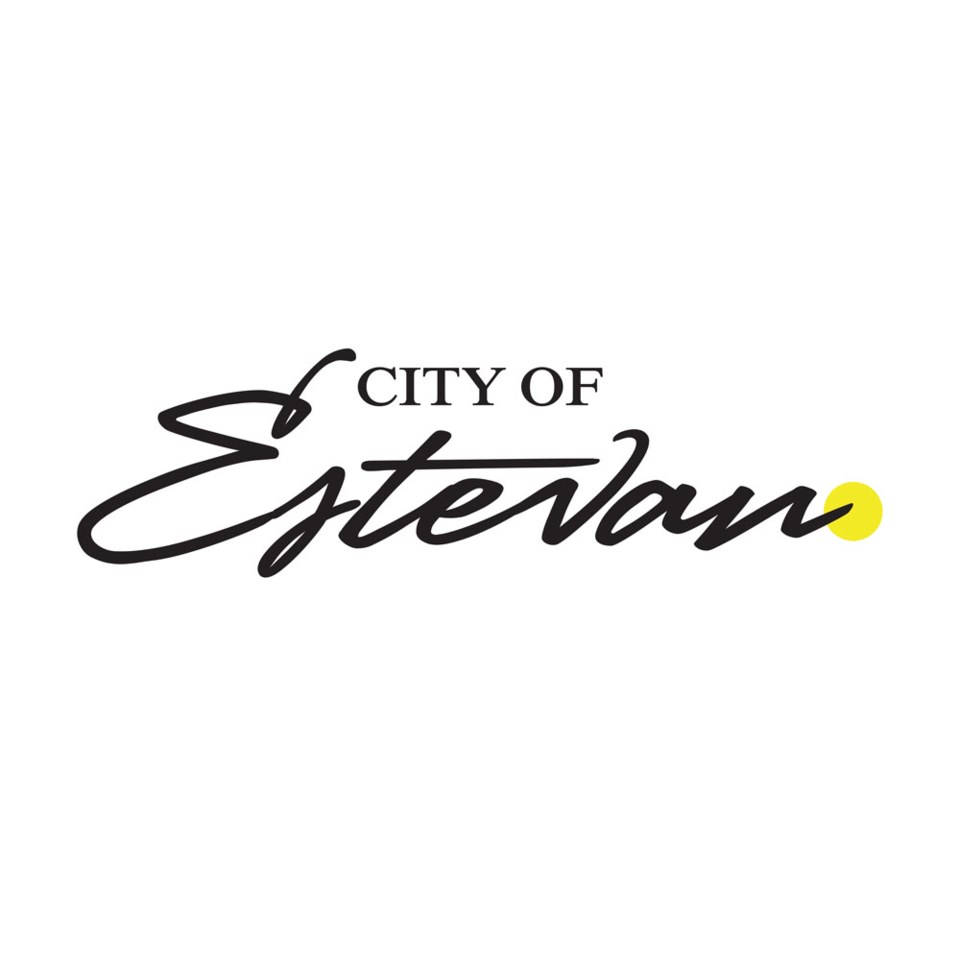Estevan city council wrapped up their deliberations on the 2016 budget on Monday night.
Council officially approved the document, which contains a five per cent property tax increase and a 10 per cent water consumption rate increase. Members spent about 10 minutes offering their final thoughts on the document.
Jeff Ward, who is the city manager and the acting city treasurer, summarized some of the feedback that the Estevan Chamber of Commerce supplied two weeks ago during the previous budget meeting.
Some chamber members were concerned with a $160,000 increase in spending for corporate services wages, but Ward noted that largely reflected the shift of two employees from the chamber to the city, after the city assumed control of economic development services from the chamber.
“If you look at the corresponding funding, we’ve reduced our funding to the chamber of commerce by $250,000,” said Ward.
Other chamber members were concerned with increased spending in the water/waste water utility budget for asphalt patches, but Ward countered by saying the $700,000 that’s in the budget will be needed if the city is to repair the asphalt damaged by water main break repairs.
Ward noted they will also increase spending in parks for tree planting programs and play structure safety.
Other concerns centred on the property tax gap between residential and commercial property taxes. Commercial property owners pay more than triple the property taxes of their residential counterparts for a building worth $200,000. It’s the second-highest rate in the province.
Ward said the issue will be revisited when council sets the mill rate factors.
Business owners also indicated the investment and community grant funding should be reviewed. The issue has been discussed previously.
“We’ve talked to the chamber about how we want to revamp the application policy, so everyone has to come demonstrate the need, demonstrate their cash flow and demonstrate what they’re doing to create their own funding,” said Ward.
Finally, chamber members wanted to know more about the changes for business licence fees. There have been discussions about a review of the business licence bylaw, and while the changes haven’t been implemented, they are included in the budget.
Councillor Brian Johnson questioned the projected cost of one of the most high-profile projects in the budget – the refurbishment of Kensington Avenue from King Street to beyond the Estevan Comprehensive School. Johnson thinks it might cost a lot more than $750,000 to complete the road.
“I would really like to see the engineering on that,” said Johnson. “I really want to see where we can bring that project in for that cost, and then what we’re going to do to enhance that roadway to make it durable, because a lot of heavy trucks use that road.”
The city will receive funding from the Provincial Disaster Assistance Program for the base works on the road, since it was damaged by the flooding of 2011. The city will be responsible for the asphalt.
Johnson said he received questions from the public about the budget, and people are starting to take a close look at what they’re paying in taxes.
For the second straight year, council sought public feedback on the budget. But chamber executive director Jackie Wall was the only person to appear and speak at either meeting in which the budget was discussed, and they received only a few inquiries from the public.
It was a disappointing result for Mayor Roy Ludwig, who was hoping to see a greater response from the public.
“We’re hoping, and we’re always optimistic moving forward, that the public will step up to the plate and start giving us more feedback, because it does help with our decision-making,” said Ludwig.
The mayor supports the efforts to gain more public feedback while streamlining the budget process. Council budget meetings used to span multiple meetings, and often involved several hours of deliberations, as council members would pose questions to department heads about their operating and capital expenses.
“Hopefully the public next year … will give feedback with the intention to take their feedback into account and make it a better document,” said Ludwig.
One thing they might be able to do differently is have an open meeting dedicated to the budget.
“Call it a budget meeting, and invite the public to come,” said Ludwig. “The last public meeting we had, we didn’t have a great response … but maybe it’s an exercise to try to get the people to come out. If we have an open forum with just that on the agenda, maybe we’ll get more feedback.”
Council has one final task related to the budget. They will have to set the mill rate factors, which determine how much residential and commercial property owners will pay in property taxes. It will likely occur in the spring, after the public and the separate school divisions have set their mill rates.




